This post is a text only copy of a guest blog I did for UCLan Centre for Collaborative Learning.
In June, I had the pleasure of being invited to keynote at the University of Central Lancashire’s ‘CCL Connect: Leading the way in modern learning’ event, around my work on Hybrid Education. This blog post is both a reflection of that experience, but also an opportunity for me to think more broadly about how we all might spend a bit more of our time looking outside of our organisations for opportunities to collaborate on solving the challenges we face, and identifying opportunities yet to be realised.
What I loved about the event was the really strong sense of commitment to the students. At the heart of everything I heard was a dedication to making the experience at UCLan the very best it can be. Not just educationally, but also more broadly, so that students feel a strong sense of belonging. I was fortunate to chat to a number of colleagues, but one conversation in particular really got me thinking about how we best go about supporting staff in innovating in the curriculum. I won’t go into the details here, for obvious reasons, but it struck me that this individual had thought deeply and meaningfully about an alternative assessment methodology – and that initial evidence of the experience highlighted that students found it valuable and rewarding. However, there was resistance within the discipline area to carry on with the assessment approach, as it varied so significantly from the normal assessment methods of that subject.
I reflected on my own similar experiences like this – where good ideas that clearly work and are of value to the students and staff engaged in them, fail to gain traction or become more widely adopted. And how a centre like UCLan’s Centre for Collaborative Learning (CCL) is critical in not only supporting innovation, but also championing and disseminating it. As a sector, I think we can also work together better to share these examples, map them to discipline areas and draw upon them as reference points for the work we are all doing within our institution to innovate and encourage change.
As mentioned in my keynote, we have to “be more salmon”. That is, we must be willing to swim against the flow of the river and be prepared for the bears that might seek to knock us out of the water. But this can be scary for individual academics, when student outcomes and student evaluations form the basis of their reviews – and so it is important that they feel supported in this work, recognised for it, and given permission to try new ideas, even when sometimes they might not always work out how we want them to.
As individuals, we can only do so much, and centres like CCL can empower the individual to make changes for the better. Ultimately however, it is through working together as a collective across institutions, where we will begin to see cultural shifts and meaningful adaptations in our approaches to learning and teaching towards a more hybrid and flexible education experience.
Here are five things I think we could do to make some of this happen:
- Make more of our institutional support resources available for others to repurpose and rebrand for their own use. It seems highly inefficient for us all to be producing similar resources. So, wouldn’t it be great to start with something already created, and to then repurpose it for your own needs? Ideally, it would be great to have a single repository for this – but failing that, at least make anything you produce available to the widest possible audience. Both the University of Edinburgh and University of Liverpool already make use of creative commons licenses to share their resources for anyone in the sector to adapt, and it would be great to see more of this.
- Bring back a version of the Higher Education Academy (HEA) Subject Centres – these were so valuable, and are in my opinion, a really missed set of communities that connected colleagues from across institutions around learning and teaching in their subject areas. How might we facilitate these cross-institutional discipline-based communities again? What role could centres like CCL play in facilitating these relationships to collaborate on innovative teaching and learning, as well as sharing insights and experiences?
- Establish clear routes of promotion for colleagues engaged in learning and teaching development. I was delighted to see that the University of Manchester have a teaching-only route to Professorship. We need more of this in the sector to show the value of teaching and teaching-related projects and innovation as an evidence base for promotion.
- More regional collaborative events. Whilst we will always likely have internal events focussed on institutional priorities and successes, and big national and international conferences – it would be great if there were more opportunities to engage in regional activities together, such as sharing days, mini conferences or problem-solving challenge events. Building regional connections provides opportunities to minimise travel, whilst at the same time, connecting together staff and students from different institutions.
- Make time for this to happen! It’s important to set aside time for this activity and to see it as a part of our work, and not something that we have to try and fit in. I know that’s easier said than done – but in my experience, setting aside time to attend events inside and outside of my institution, makes me better at my job and in some cases, helps me be more efficient in my own work (this offsetting some of the time spent at the events). Ultimately, we should seek out these opportunities and see them as a bit of ‘me’ time – an opportunity to re-energise and re-charge.
None of this will be possible without each of our individual contributions, and some things will be harder than others (No. 2 for example!). However, we should each be able to identify something in this list which we can work towards, support or actively engage in. As the saying goes… “Only dead fish go with the flow!”.




No responses yet